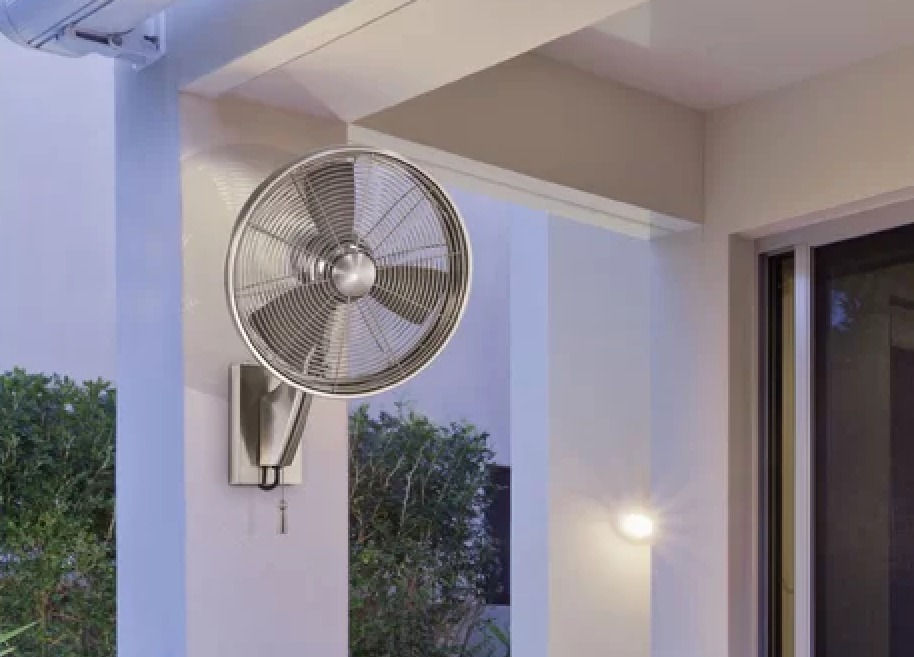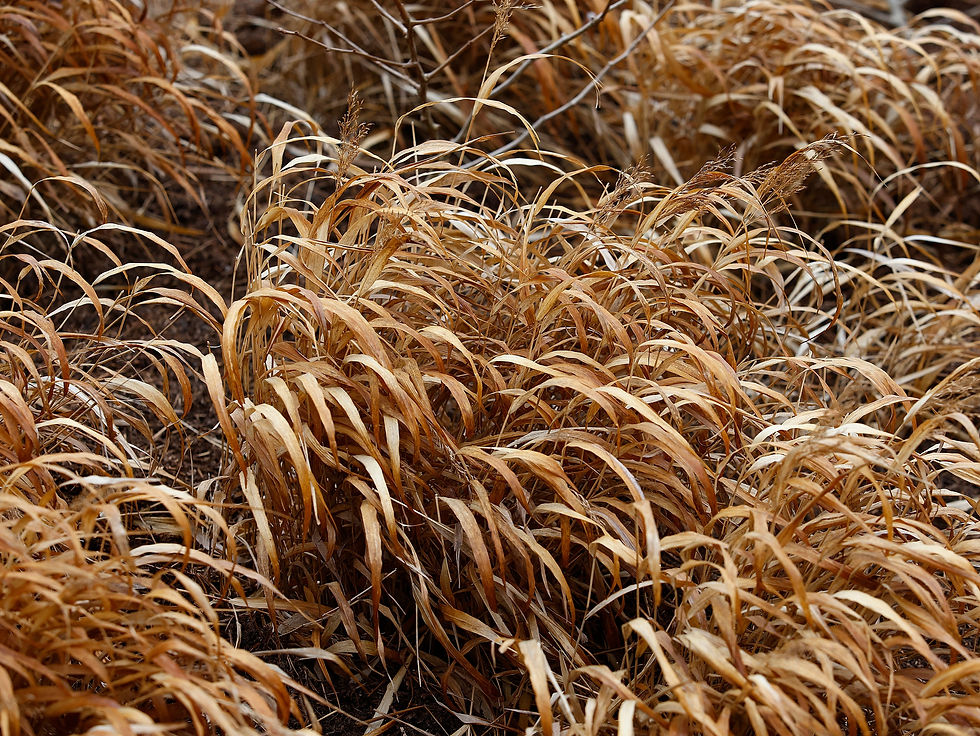Tips for Keeping Mosquitoes at Bay
- Katherine Aul Cervoni
- Jun 20, 2021
- 3 min read
Updated: Jun 21, 2021
It's the number one complaint I get from people regarding their outdoor spaces – too many mosquitoes. To help make your space a more mosquito-free oasis this summer here are some tips, tricks and products that I've found make the biggest impact.

Banish Standing Water
Female mosquitoes (the ones that do the biting) have one mission in life - to lay eggs. Mosquitoes lay their eggs in calm, standing water and from there a whole new generation can be hatched from a single puddle. Ridding your yard of any opportunities for standing water and therefore breaking the lifecycle for mosquitoes is one of the most effective ways of keeping them from out of the vicinity. Here are some common and easily overlooked items not to forget to turn over, store or empty out after a rain shower:
Kids toys (buckets, cups, sandbox dump trucks, etc.)
Frisbees
Pet water bowls
Cups
Watering cans
Baby pools
Gutters (keep them clear to prevent pooling water)

If lingering puddles are a problem on your patio (i.e, they don't dry up after a few hours), I highly recommend having a contractor or landscape professional come by to see if the concrete work, stone work, or sublayers can be amended to remedy the issue.
Keep it Breezy
Second to standing water, mosquitoes love warm, stagnant air. Given the lightness of their bodies, they need stillness to control their hovering and more importantly their landing and biting. Finding ways to allow for more of a breeze into your space can be enormously helpful. Start by addressing overgrown trees and shrubs and keep them pruned for improved airflow and open branching. Be mindful of large, jungly areas of your garden where mosquitoes can seek shelter (patches of English ivy are especially problematic), or other elements in your space that might contribute to a sense of over-enclosure.

To take it to the next level I highly recommend using a fan. While a box fan isn't exactly chic outdoor decor, it is an inexpensive and effective way to help make a lounge or dining area more comfortable when in use. As an upgrade, you can also have an electrician install a permanent wet-rated outdoor fan in your space for a more intentional, stylish look. The Anywhere Wet Rated Wall Fan from Minka Aire Fans (shown below) is my go-to option and gives a vintage/retro flair to a space.
Bring on the Citronella
While only a temporary fix, citronella candles, torches and incense can be very helpful in warding off mosquitoes and other bugs in a small area. For a unique-looking option with a mild, clean fragrance, try this Citronella Incense Coil from Food52.
If candles are more your style, try a triple-wick option like this one from Cutter or this one from Repel. Both are extremely well-reviewed and the additional wicks ensure plenty of the bug-deflecting essential oils are released quickly and constantly while being burned.
The Lowdown on Mosquito-Repelling Plants
There are a number of fragrant plantings that are touted as mosquito-repelling such as citronella geranium, lemongrass and lavender, but in reality none of these will do anything to repel mosquitoes without first being "activated." This means that their foliage needs to be broken, crushed and then applied to your skin as a sort of balm to banish buggies. Even then, their bug-stopping properties typically only last about 30 minutes. To make a long story short, using mosquito-repelling plants is a great idea in theory, but is typically completely ineffective in practice.







Comments